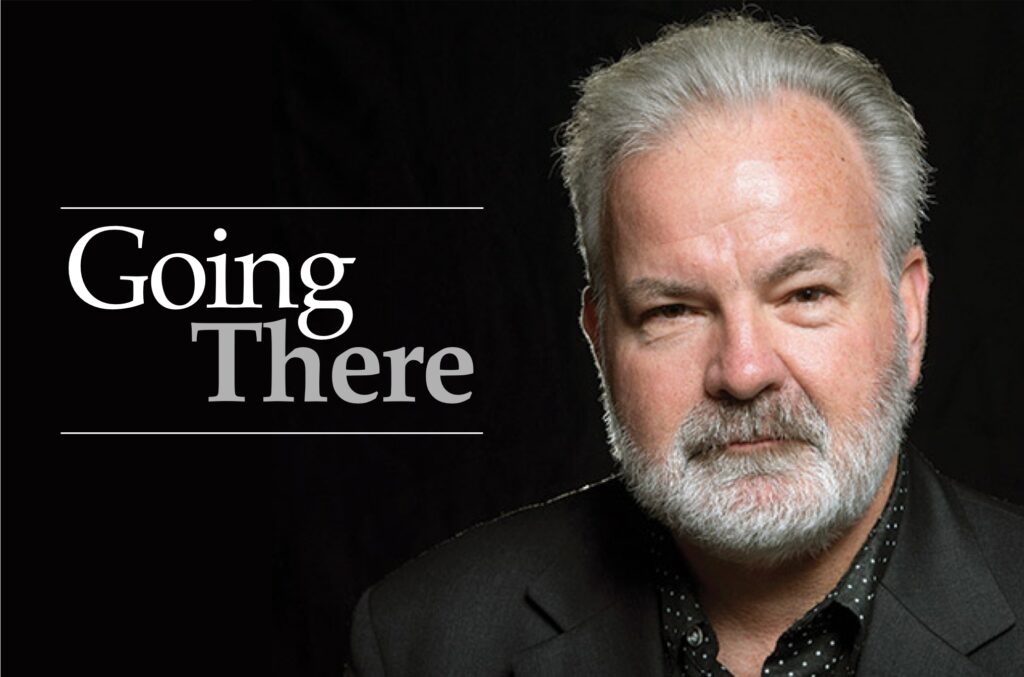Readers comments 6-12-20
Cutting services
Dear Editor:
The Claremont City Council on Tuesday unanimously approved the 2020-21 budget put forth by the city manager, Tara Shultz. This budget is a clear indication that Ms. Schulz’s number-one priority is protecting her administrative staff at city hall, rather than serving the residents of Claremont who pay her salary.
With the council’s unanimous approval, it seems there is not a single city council member willing to advocate for Claremont residents. Residents, who, by the way, elected them to represent the public’s interest, not city hall’s interest.
To be clear, this budget makes substantial cuts to Community Services and Human Services, while at the same time increasing funding for the Claremont Police Department and largely shielding Ms. Shultz’s administrative and finance department from meaningful cuts.
Not once during the entire budget process did the city council ask Ms. Schultz what it would take to maintain funding for the Community Services and Human Services programs that many Claremont residents rely on. Services many consider vital to preventing more senseless killings like George Floyd.
Seven percent! That’s right. If Ms. Schultz and the city council were committed to serving the residents of Claremont rather than city hall employees, cutting administrative expenses by 7 percent would have meant both Community and Human Services programs could have been fully funded.
But instead, funding for the police department was increased, and city hall was spared with just 2 percent in cuts while Community and Human Services were cut 6 percent and 6.9 percent, respectively. What happened to leading by example?
In the end, vital community services are being cut, unfunded pension liabilities for public employees making six-figure salaries grow larger every year, leaving the next generation with millions of dollars in debt, and yet city council meetings are an exercise in patting everyone on the back for a job well done.
Matt Magilke
Claremont
Together in stillness
Dear Editor:
Each of us can do something to restore justice. I invite you to join me in a quiet time to remember those who grieve, and to listen for inward guidance in taking the next right step.
· Set a timer for 8 minutes and 49 seconds. Breathe freely.
· Sit quietly. Notice things you love to do, and probably do well.
· Imagine how you might do it to benefit others.
· Write a list of ways to rise to the call.
· Which of these ideas most lifts your spirit?
· What one action can you take today?
Let us breathe together in stillness each day.
Let us see what Love can do.
Judith Favor
Claremont
Sustainable schools
Dear Editor:
A big thank you to Richard O’Neill for celebrating the work of CUSD and clearly defining the issue related to the pervasive use and disposal of plastics. His example shows how frustrating it is to make change.
While he is correct in stating that it takes both a state and federal commitment to do what we tell our students should be done, there is plenty of local work that can be initiated when it comes to meeting sustainability goals.
It seems that every entity points the finger at some other entity for Claremont not having comprehensive sustainability plan that results in sustained progress. We keep hearing, “Yes, but….”
The city has a new plan in the works that is being written by a dedicated group of volunteers and city staff. That is a start. But where is CUSD and the business community in the development of a plan? Yes, this is a city plan, but to be effective, an initiative that includes the plans by the city, CUSD and business community must at least be in concert with one another, have common goals, and hold each other accountable for collaboratively developed outcomes.
Further, other important groups, such as the colleges, faith-based community and other relevant non-profit organizations in addition to Sustainable Claremont should be at the table.
An annual event, a sustainability summit, should be held with a professional facilitator, where common goals and expected outcomes are developed and reported to the community.
Our kids expect more of us than rhetoric and “yes, but…” responses. We all need to take responsibility for creating a sustainable Claremont. At a minimum, those to whom we pay taxes, educate our kids, and provide the products and services we buy should be on the same page and mutually supportive.
When it comes to recycling, including plastic, who contracts for where the city takes the recycling? The city does. As a starter, let’s have civic courage to demand that the city contract only with a company that does not put paper and plastic into a single barrel.
Let’s look at the successes of other cities that are able to handle organic waste as well as paper and plastic. CUSD and the business community must be able to model what our kids expect. But they cannot do it alone. It takes everyone, every entity to work together.
Peggy Kelly
Claremont
Citizens manifesto
Dear Editor:
Whereas, it is the birthright of American citizens to use public lands for lawful recreation; and
Whereas, the citizens of Claremont are taxed for the maintenance and improvement of public lands; and
Whereas, the city government of Claremont has denied the citizens of Claremont access to and the use and enjoyment of city-owned public recreational lands including parking lots, parks, and trails since approximately the middle of March 2020; and
Whereas, these restrictions on public access and use are not needed to prevent the spread of the COVID-19 virus; and
Whereas, the premise of all democratic government is that citizens will conduct themselves responsibly; therefore, the citizens of Claremont declare as follows:
1. All parks, parking lots and trails should be opened immediately for the use and enjoyment of everyone.
2. For every day that said facilities are closed beginning May 5, 2020, $10,000 in taxes should be rebated to the taxpayers of this city.
Jim Bostwick
Claremont
AB5
Dear Editor:
At its May meeting, the Democratic Club of Claremont adopted the following statement recommending changes to AB 5:
In January 2020, AB5, became law. The bill has an admirable aim: it was designed to prevent companies from classifying workers as independent contractors in order to avoid having to pay them benefits (e.g. health insurance) that would be due them if they were classified as employees. Companies such as Uber and Lyft were the chief target of the bill, companies that seek to avoid state labor laws in the classification of individuals who work for them.
Unfortunately, the bill and thus the law has had unintended consequences, affecting both individual workers and organizations. Many organizations, which out of necessity operate with gig workers—people hired for a specific short-term task— cannot, under the new law, financially afford to treat those people as employees.
The organizations must then not employ them at all, causing the workers to lose work and the companies to not be able to function without them.
Paid political campaign workers, language interpreters, newspaper carriers, musicians and music studio teachers, actors, are among the gig workers who are now finding working opportunities diminished or even eliminated.
On the other hand, media companies, museums, music festivals, small nonprofit theater companies cannot afford to treat many of the people they normally hire for specific times and tasks as employees and so are faced with the prospect of not being able to conduct their operations. The gig economy, for them, has been in existence a long time and is the only way for them to operate.
AB5 redefined what it means to be an independent contractor. For instance, free-lance journalists, editors, photographers and bloggers cannot do more than 35 articles, photos or notes a year without being classified as an employee covered by all the labor laws of the state.
Theater companies, such as Ophelia’s Jump in Upland, cannot hire set designers, crew, directors, actors, costumers or musicians for a short period of time (say to mount the annual Shakespeare Festival at Pomona College in July).
Community newspapers cannot pay columnists to write about the local music scene (or other subjects) each week as that would mean 52 articles a year which would make them full-time employees under AB5. Local historical or art museums cannot contract with curators or display designers for a particular show.
Most of these smaller organizations have existed with a mix of volunteers and freelance artists and have provided programming and services to regional communities. They are not operating with a business model that rests on the intention of not having to pay benefits to workers and avoiding labor laws.
There are people in Claremont, even people who are members of the DCC, as well as local organizations who are having their livelihoods and their ability to function seriously impacted by AB5.
Hence it must be amended to take notice of all these independent and flexible artistic, communications and community sustaining freelance workers. Further, it must be amended in order to preserve the organizations that cannot exist without gig workers, freelancers and independent contractors.
Democratic Club of Claremont










0 Comments